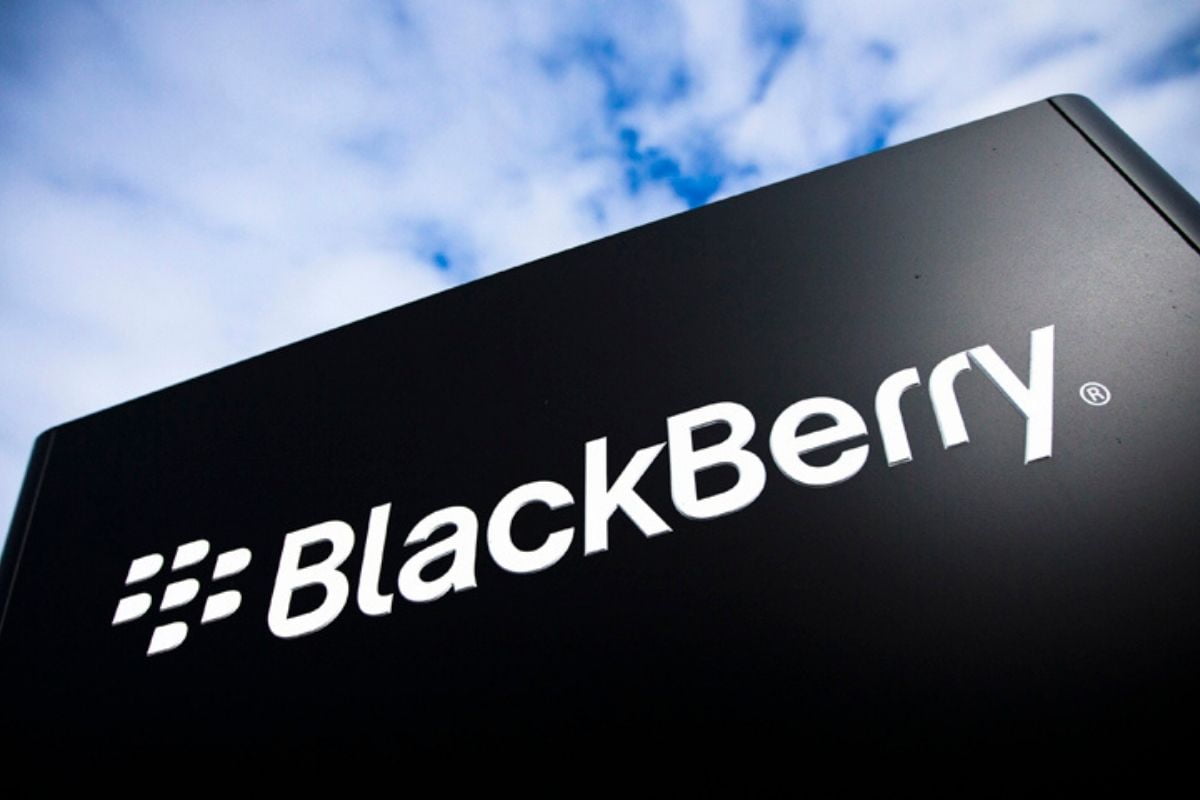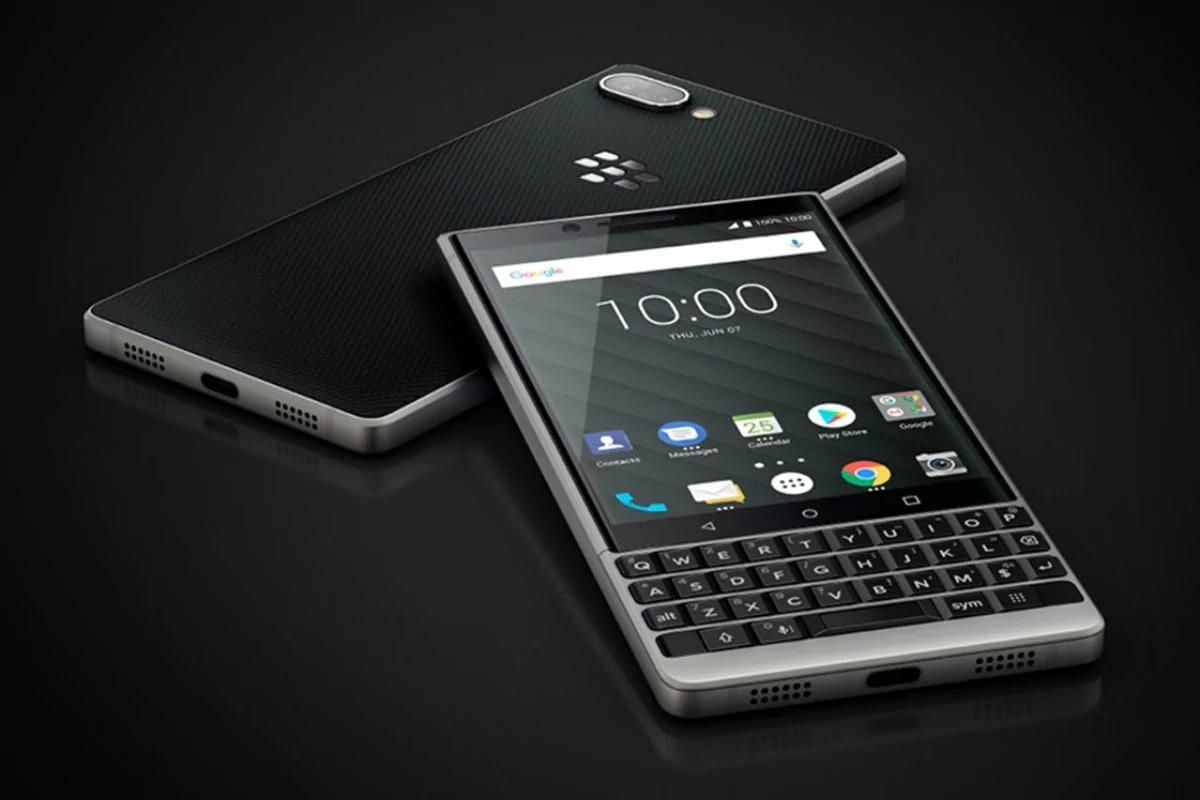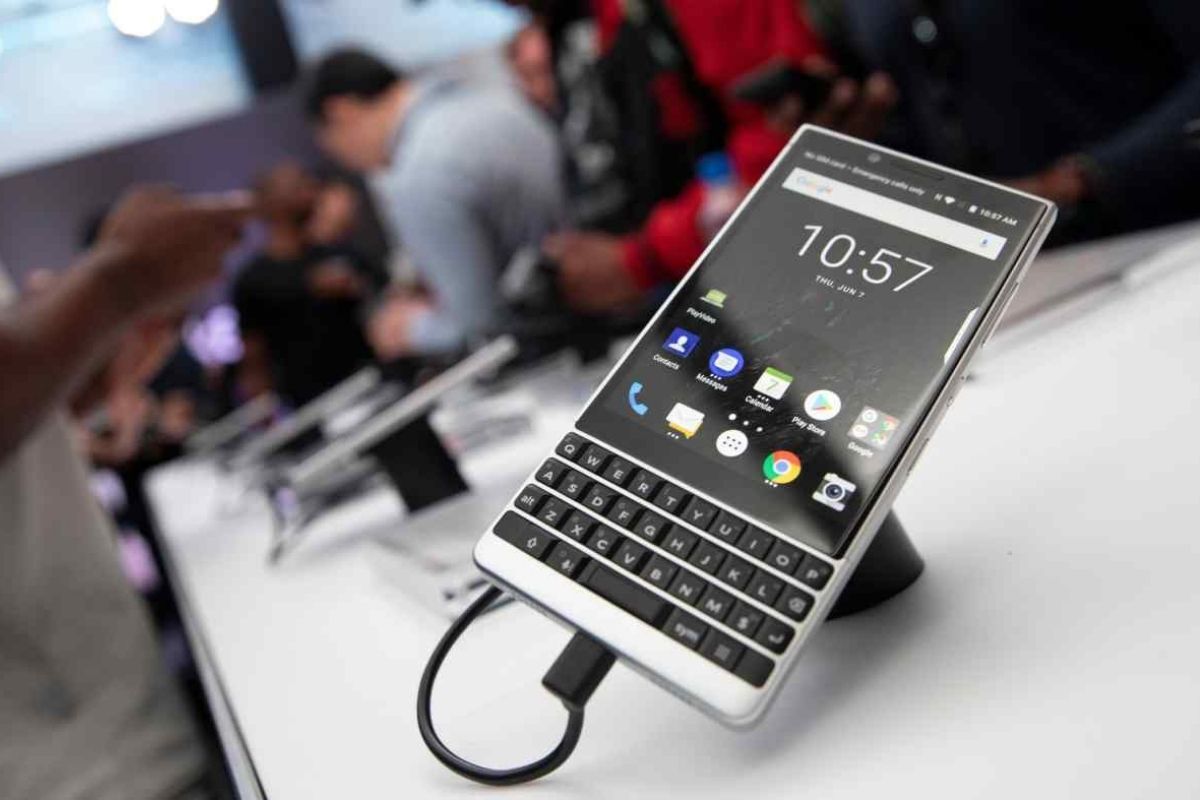Anyone who knows about smartphones and tech, in general, has definitely heard of the name BlackBerry. A company whose devices were synonymous with the word smartphone in the early 2000s, with most people making use of a BlackBerry-branded device for their professional use. The company enjoyed a lot of success in these years, providing users with a device that featured BBOS, the company’s proprietary operating system, which, when coupled with some fantastic physical mobile keyboards, made for a professional’s dream. To this day, many people can recall seeing their dad or mom’s first BlackBerry. Things for the company were going great right until the early 2010s, and, in the ears that followed, the company lost its cult status, having been replaced by the iPhone when it came to overall popularity. The company, in 2020, announced that TCL, the current licenser and manufacturer of BlackBerry mobiles, would stop selling any devices as of August of 2020. This intrigued quite a few users since companies such as Nokia or Motorola had cult statuses that withered over time, but things did not get as bad as they did for BlackBerry. What led to the demise of BlackBerry and, could it have been saved? Let’s discuss.
What Led To BlackBerry’s Exit From The Mobile Market?
Before we delve into what caused BlackBerry’s untimely yet needful demise, one needs to know the exact role the company’s devices played for the normal user and the enterprise user. The devices were never the best at anything, often having a flaw or two, but they were dependable, sturdy devices that got the job done. It would be a massive understatement to say that the BlackBerry brand got lucky, since, without its devices, the current state of smartphone devices would vary by a great deal. Now, with that out of the way, here are some key reasons for BlackBerry’s demise and how what happened could not have been avoided.
The company usually had decent offerings to showcase, but they each came with a flaw or two that hampered overall usability, especially in the latter part of its existence. From lacklustre or underwhelming specifications that would not work in a competitive market to the touchscreen-only models, which alienated its user base. There were some pros, especially BlackBerry’s unique services and security features that gave rise to its cult status and that most often bested Google’s offerings in security.
The feature that made the company what it is was also alienating it, since not many people wanted buttons on their device, especially since devices like the iPhone came out, which offered a display minus other complexities. Some users wanted a keyboard, but the overall market was getting bored with the dated feature and, if the company deviated from its original path, users had better options cheaper than those that BlackBerry had to offer. Mobile security also became a decreasing concern since, in this day and age, your data is not as secure as it used to be, so paying extra for a device that promised better security did not seem to be a good idea for users.
The third and final issue that impacted BlackBerry was the complication that the company would not provide smartphones with the best or even top-tier specifications, amazing cameras or the best chipset since that is not the way the company operates. In BlackBerry’s conservative plan, the fact that the market is more competitive was not considered, leading to a lacklustre product in comparison to cheaper devices, with similarly priced devices wiping the floor with the offerings from the company.


